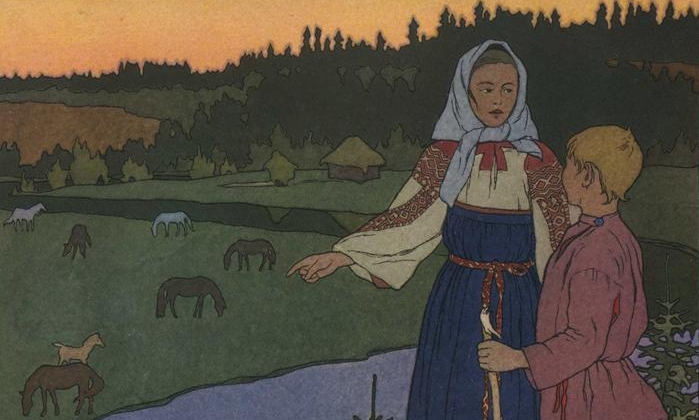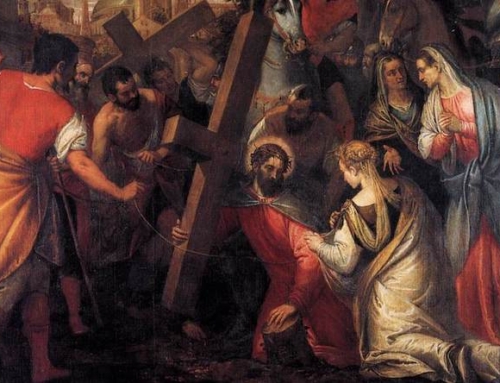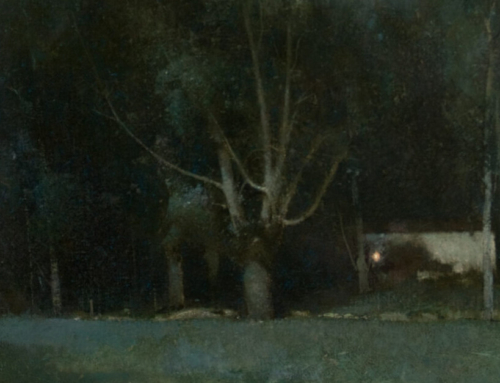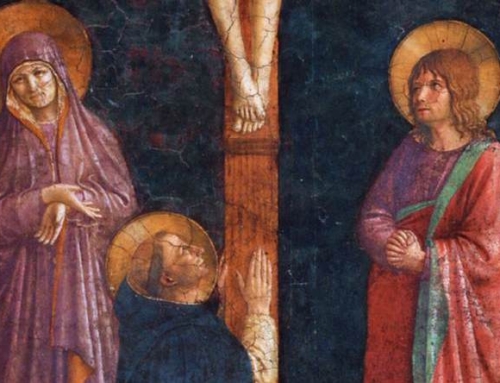2020 Summer Reading Recommendations:
Fragments of my Life: A Memoir by Catherine Doherty
“Beloved, let us love one another; for love is of God, and he who loves is born of God and knows God. He who does not love does not know God; for God is love.” (1 Jn 4:7-8)
Fragments of my Life is the self-portrait of a wondrous woman, but it is not quite an autobiography. The author herself gives this caveat, saying:
“I want to warn my readers it will be a strange piece of writing because the stories and chapters are not necessarily chronological. And I’m a born storyteller, easily enchanted with ordinary things, often seeing people as they really are, not as they appear to be. I’m used to endowing all life with magic and wonder and mystery. Yes, that’s the kind of story it will be—fragments from the life of a Russian storyteller who reveals truth as it is revealed to her.”
The truth Catherine’s life taught her and what it most reveals to us is the God who is love. For Catherine Doherty was a tremendous lover.
She loved the little pleasures of daily life—the falling leaves of autumn, a warm cup of tea, a lit cigarette. She loved to travel and lived in many exotic places—imperial and Bolshevik Russia, the colorful Muslim cities of Istanbul and Alexandria, the slums of Toronto during the Depression, the communist sectors of Paris in the 1930’s, Harlem in the 60’s.
Catherine passionately loved people. She loved people of all sorts—the poor and the rich, the intelligentsia and the uneducated, blacks and whites, capitalists and communists, Protestants and Catholics, hippies and soldiers, friends and foes. She also had some predilections—for her parents, for fellow Eastern European exiles, for the poor, for suffering mothers, for her husband Eddie, for Catholic religious and priests. Because she loved wholeheartedly she was loved in return and enjoyed many friendships. For this same reason, she was often hated, slandered, and wounded by the very people she loved. Her wounded heart, however, grew always to embrace more and more people in the fire of her love.
Above all her loves or, really, her only love was God. From childhood, she knew and loved the Father and his Son and their Holy Spirit. She lived in communion with them. Throughout her life, Catherine chased Christ her Bridegroom. She saw him and identified with him in his poor. She revered him and listened to him in his priests and his bishops (even when they opposed the Gospel-works Christ gave her). She worshipped and often received his Real Presence in the Eucharist. And she became one with Christ through an intense, painful, and loving union with his mystical Body, his Spouse, the Church.
Catherine opens her memoir saying: “You know I am in love with God, and this is a fact.” Her closing words touch on the same theme: “Two people in love! When you are in love with God you will understand that he loved you first. You will enter into a deep and mysterious silence and in that silence you will become one with the Absolute. Sobornost! Your oneness with God will overflow to all your brothers and sisters.”
If you want to fall deeper in love with Love, I highly recommend reading the strange and lovely stories from this Russian pilgrim’s life. Read them as a living commentary on the Gospel. For Catherine Doherty was a tremendous lover, a strange and lovely Russian icon of Jesus Christ, the Tremendous Lover.
“In this the love of God was made manifest among us, that God sent his only Son into the world, so that we might live through him. In this is love, not that we loved God but that he loved us and sent his Son to be the expiation for our sins. Beloved, if God so loved us, we also ought to love one another. No man has ever seen God; if we love one another, God abides in us and his love is perfected in us.” (1 Jn 4:9-12)
✠
Image: Ivan Bilibin, Illustration for a Russian Fairy Story







